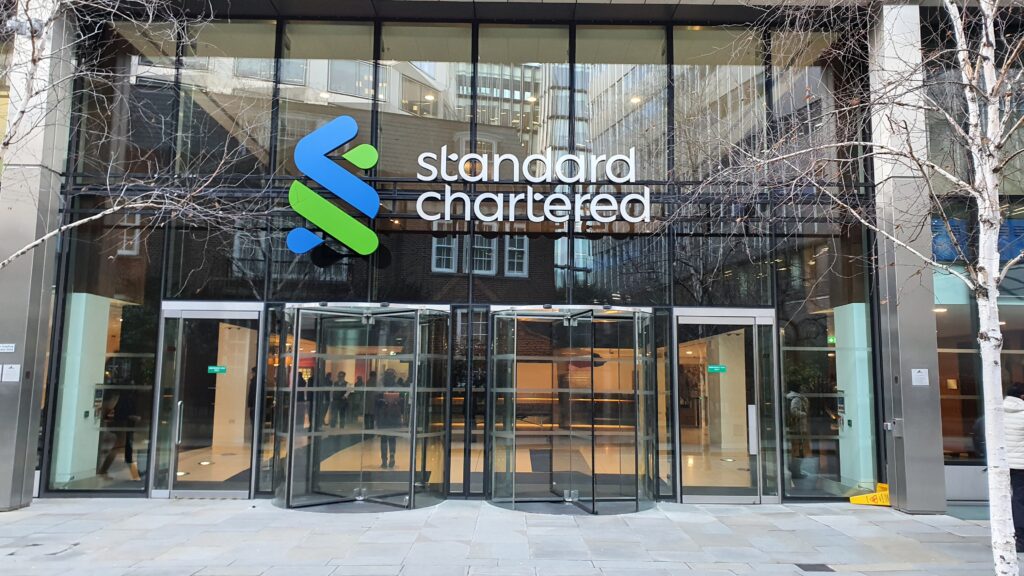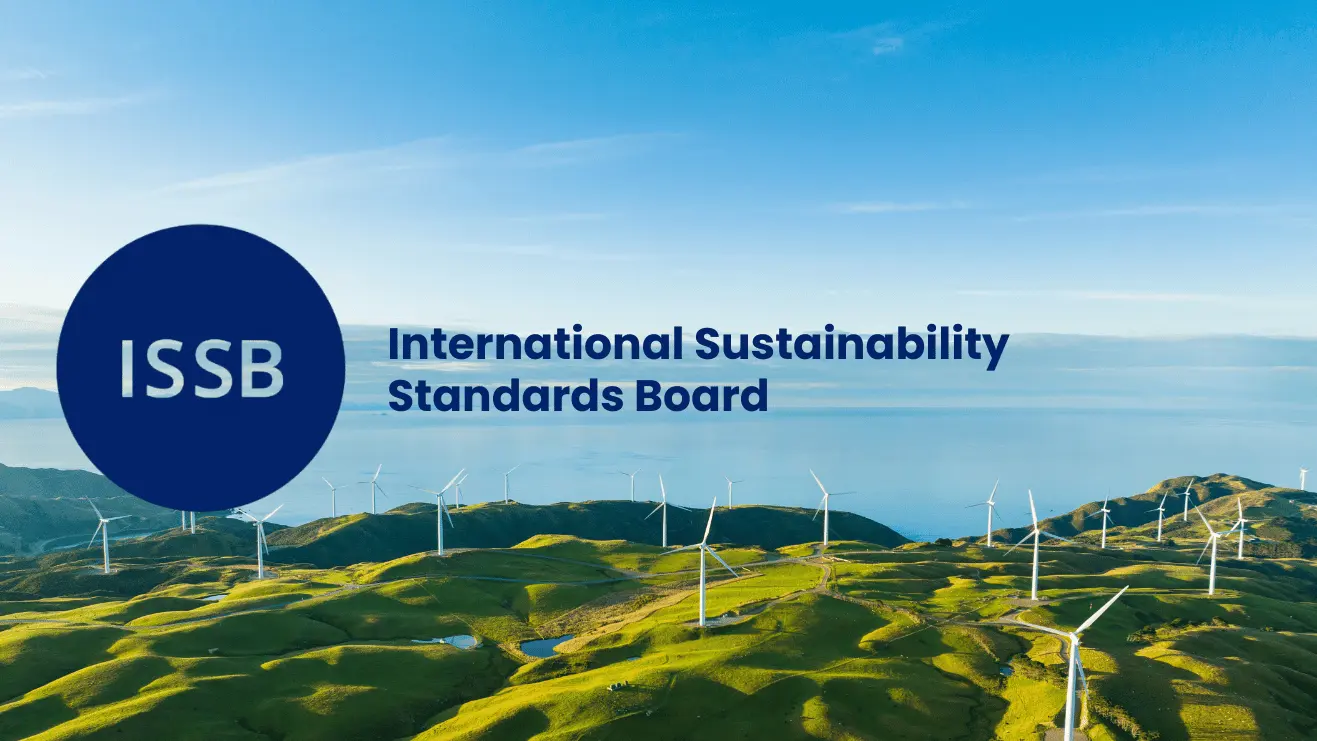$3.4 Trillion Boost from Retail Investors to Battle Climate Change, Standard Chartered Report

|
Listen to this story:
|
- Untapped retail capital potential across 10 growth markets, could be directed towards climate mitigation and adaptation, such as renewables and resilient infrastructure
- Investor barriers include access to climate investments, lack of transparency and impact measurement
- Almost all investors (97%) want an end-to-end sustainable banking experience: most interest in sustainable credit cards and deposits; green mortgages and auto loans.
Standard Chartered’s latest Sustainable Banking Report 2023 reveals USD3.4 trillion of retail investor capital could be mobilised towards climate investments in 10 growth markets across Asia, Africa and the Middle East by 2030, highlighting the power of individuals to combat climate change.
The research – based on investor interest from a survey of 1,800 respondents – identifies a wider USD8.2 trillion of retail capital potential in sustainable investing and shows that climate investing is gaining traction. USD2.1 trillion could be directed to climate mitigation, with investors showing high interest in renewables, energy storage and energy efficiency; a further USD1.3 trillion could be channelled into climate adaptation, across resilient infrastructure, food systems, biodiversity and the blue economy.
While the current sustainable investing landscape is dominated by Europe and North America, this report demonstrates the opportunity for other regions to unlock more capital to combat climate change across the world.
Investor interest is strong, with over 90% of investors surveyed stating they are interested in climate investing. However only approximately 20% are willing to invest significantly towards it.
At 66%, investors reveal accessibility – the availability and ability to make climate investments – is the biggest challenge holding them back. Other barriers include:
- Comparability (64%)
- Comprehensibility (63%)
- Perceived low returns (59%)
- Perceived higher risks (58%)
- Scepticism (56%)
The industry needs to help investors overcome these barriers to unlock the potential of retail capital. Financial institutions, regulators, companies and individuals must make a concerted effort to establish a wider range of climate assets to drive greater retail participation.
Asset managers and banks must also work to innovate new climate assets to match emerging investor interests, such as biodiversity and the blue economy. Financial institutions have a critical role to play in mobilising retail capital via three pillars – empowering investors with information, product customisation and outcome-based information. Digital and fintech solutions will play an enabling role and simplify processes for investors.
Related Article: Standard Chartered Bank, WOTR Partner to Ensure Water Security in Drought-plagued Marathwada
The industry across the world also needs to work with governments to align reporting standards and mandate minimum disclosure requirements to boost investor confidence.
Marc Van de Walle, Global Head, Wealth Management, Deposits and Mortgages, Standard Chartered said: “Financing our collective response to climate change is a critical challenge. Overall climate mitigation and adaptation face an annual funding gap of trillions of dollars. Institutional capital is often the focus when mobilising funds to bridge this gap – the scale and power of retail investor capital is a lesser-known opportunity. To overcome the current disconnect between investor interest and the scale of climate investments, the industry needs to improve access to solutions, harmonise reporting standards and measurement of impact. We continue to work closely with our clients to match their investments to their areas of interest, so they can help finance solutions for a more sustainable future.”











